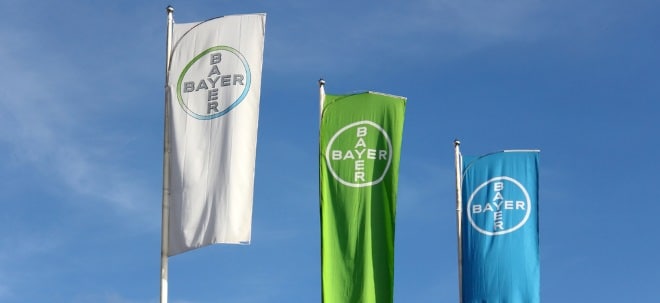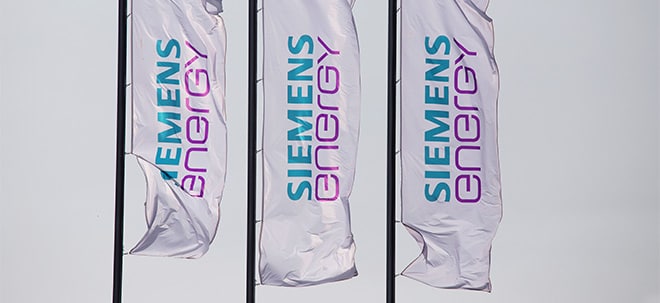Philanthropic Partnership Launches New Initiative Tackling Antimicrobial Resistance, the Third-Leading Cause of Death Globally, By Fast-Tracking Discovery of New Treatments
Initiative marks first investment of global health partnership between the Gates Foundation, Novo Nordisk Foundation, and Wellcome to address global health challenges that disproportionately impact people living in low- and middle-income countries
SEATTLE and COPENHAGEN, Denmark and LONDON, Feb. 12, 2025 /PRNewswire/ -- The Gates Foundation, Novo Nordisk Foundation, and Wellcome today announced the launch of the Gram-Negative Antibiotic Discovery Innovator (Gr-ADI), a $50 million investment that will focus on combatting antimicrobial resistance (AMR) caused by a specific range of bacteria that are among the leading contributors to AMR-associated deaths. The Gr-ADI will function as a consortium where multiple funders, research institutions, and industry partners share data and work collectively to drive innovation in the discovery of urgently needed new drugs.
The Gr-ADI is the first investment of the $300 millionglobal health research and development partnership launched by these three philanthropic organizations last year. The broader partnership will support science and innovation to advance solutions to health challenges that disproportionately impact people in low- and middle-income countries (LMICs), including climate and sustainability; infectious diseases; and the interplay between nutrition, immunity, infectious diseases, cardiometabolic and other noncommunicable diseases and developmental outcomes.
"The AMR crisis continues to grow. We urgently need effective solutions to prevent a future of few to no treatments for drug-resistant infections," said Alexander Pym, Director of Infectious Disease at Wellcome. "Accelerating the discovery of new types of antibiotics and finding new ways to kill bacteria is key to tackling this global threat and protecting those in regions with the highest burden, such as Africa and Asia. Our best chance is to collaborate on innovative new approaches to antibiotic development."
AMR is a serious global health threat that is directly responsible for an estimated 1.14 million deaths a year, contributes to an additional 4.71 million deaths annually, and results in significant economic costs. Despite this growing problem, the world faces an antibiotic pipeline marked by a shortage of new drugs and limited access to those that exist.
"Patients in Nigeria, where I live and work, and in other settings across Africa, Asia, South America, and the Caribbean that have resistant infections, do not have access to effective treatments and are also not well placed to benefit from antimicrobial resistance innovations in the pipeline," said Iruka N. Okeke, Professor of Pharmaceutical Microbiology at the College of Medicine, University of Ibadan. "Moreover, Africa has the highest infectious disease burden, and resistant organisms spread rapidly across the continent, predominantly affecting the most vulnerable. This is why efforts like the Gr-ADI to innovate solutions to combat AMR caused by bacteria that disproportionately impact countries in Africa and other LMICs are so important."
Bacterial AMR occurs when bacteria no longer respond to the antibiotics developed to combat them. This undermines the foundation of modern medicine by turning common infections and everyday procedures into potentially life-threatening situations.
"Bacterial AMR is such a significant global health issue that we must speed up innovation and try new ways of working together," said Marianne Holm, Vice President, Infectious Diseases at the Novo Nordisk Foundation. "Through the Gr-ADI program, grant recipients will not only focus on their individual projects but will also become integral members of a consortium dedicated to data sharing, with a focus on specific Gram-negative bacteria. For many researchers involved in this program, it will be a new way of working, but we believe that it can make a big difference as we search for new discoveries."
Projects funded through the Gr-ADI will be selected by the partners through a request for proposals (RFP) that leverages the Gates Foundation's Grand Challenges platform, an initiative that has fostered innovation to solve key global health and development problems for more than 20 years.
The focus of this RFP will be on the discovery of antibiotics with broad spectrum activity against Enterobacteriaceae, the Gram-negative family of bacteria that includes Klebsiella spp., which is the pathogen that should be used in proposed projects. Enterobacteriaceae are included on the World Health Organization's list of critical priority pathogens and are among the leading contributors to global AMR-associated deaths, disproportionately impacting people living in low- and middle-income countries where the drivers of AMR are exacerbated by poverty and inequality.
"New drugs are critical to preventing needless deaths from the superbugs created by AMR," said Trevor Mundel, President of Global Health at the Gates Foundation. "An unconventional model of drug discovery and development — driven by innovative approaches and cross-organization collaboration — could be the key to unlocking the pipeline of antibiotics that can be used to target drug-resistant pathogens. We've seen this work incredibly well in other areas, like tuberculosis (TB) drug development, and I have confidence that this is the right approach for combatting bacterial AMR."
The call for proposals will close on March 25, 2025. Researchers, particularly from countries where AMR poses a serious threat, are encouraged to submit a proposal for the Gram-Negative Antibiotic Discovery Innovator here.
About the Gates Foundation
Guided by the belief that every life has equal value, the Gates Foundation works to help all people lead healthy, productive lives. In developing countries, we work with partners to create impactful solutions so that people can take charge of their futures and achieve their full potential. In the United States, we aim to ensure that everyone—especially those with the fewest resources—has access to the opportunities needed to succeed in school and life. Based in Seattle, Washington, the foundation is led by CEO Mark Suzman, under the direction of Bill Gates and our governing board.
About the Novo Nordisk Foundation
Established in Denmark in 1924, the Novo Nordisk Foundation is an enterprise foundation with philanthropic objectives. The vision of the Foundation is to improve people's health and the sustainability of society and the planet. The Foundation's mission is to progress research and innovation in the prevention and treatment of cardiometabolic and infectious diseases as well as to advance knowledge and solutions to support a green transformation of society.
About Wellcome
Wellcome supports science to solve the urgent health challenges facing everyone. We support discovery research into life, health and wellbeing, and we're taking on three worldwide health challenges: mental health, infectious disease and climate and health.

